Green beans can be really good sources of nutrition in your guinea pig’s diet, but in moderation! It’s important to carefully consider all the information that you can find on these legumes in order to gauge whether or not they’re good for your piggy.
We've also got a Vegetable Master List that lists common veggies that your piggy can and can't eat!
What vitamins and other nutrients does green beans contain?
Vitamin C
Guinea pigs are like humans in that we can’t produce our own vitamin C in our bodies, and therefore need to get it from outside sources. Guinea pigs need lots of it in order to build up their immunity and to prevent scurvy. Infections, such as upper respiratory and fungal infections, can easily become dangerous and life-threatening to guinea pigs if their body isn’t equipped to fight them off, so it’s important to prevent them in the first place!
Scurvy can also become very uncomfortable and dangerous for guinea pigs if they don’t have enough vitamin C—read more about it here. In green beans, there is 12 mg of Vitamin C in every 100 g portion.
Vitamin K
Vitamin K is something that is necessary for helping guinea pigs’ bodies to regulate blood clotting. When guinea pigs get injuries in their skin, whether they’re minor scrapes or wounds caused from scratching from fungal infections, it’s important that these injuries don’t bleed too much.
If the wounds don’t scab, it can put them in danger of secondary infections, which puts extra strain on their body and the immune system. Green beans contain 43 micrograms of vitamin K per 100 g serving.
Calcium
Green beans clock in about 37 mg of calcium per 100 g portion! While calcium is valuable in a guinea pig diet, it is important for them to consume it in controlled amounts to ensure that the Ca:P balance is good for them. Green beans’ ratio is 1:1, which makes this veggie one to keep an eye on when feeding it to your piggy!
Phosphorus and calcium work together to help build the body’s bones and maintain them. Some guinea pigs need more calcium than others, depending on their age or sex! For example, young guinea pigs need plenty of it because their bodies are still growing and they need the bone strength to accommodate it.

What other benefits do green beans provide for your guinea pig?
Green beans contain a good amount of fiber, which will help regulate your piggy’s digestive system! They have around 1.8 g in a 100 g portion.
What are the downsides about green beans for guinea pigs?
Unfortunately, guinea pigs’ little organs aren’t great at absorbing calcium and utilizing it fully. This can affect their kidneys and bladder, which can lead to issues with their urinary tracts. In addition, overfeeding your piggies green beans can cause some digestive issues. Despite the amount of fiber they contain, overconsumption can still cause some problems and make digestion painful.
Guinea pigs can eat green beans, but do they like it?
They do! So not only is it good for your little piggies, but they’ll enjoy eating it too.
How should you go about feeding your guinea pig green beans?
It’s important to make sure to only feed your piggies organic green beans. This is because regular ones can have harmful waxes and pesticides that are unsafe for smaller animals like guinea pigs to consume. One or two whole average-sized beans should be a good amount to feed them, and they should only eat them one to three times a week to ensure that it’s safe! For a clearer idea of whether it is good for you piggy, make sure to keep an eye on how they respond to the green beans after you introduce them into your piggy’s diet.

Overall, it is OK to feed your guinea pigs green beans!
But it’s important to remember that ‘too much of anything can be bad.’ Make sure that you closely monitor your guinea pig anytime you introduce a new food to your guinea pig in order to make sure that it’s safe for them. A safe and healthy guinea pig is a happy one!
What else can guinea pigs eat?
Check out our Vegetable Master List for an extensive list of vegetables for guinea pigs!


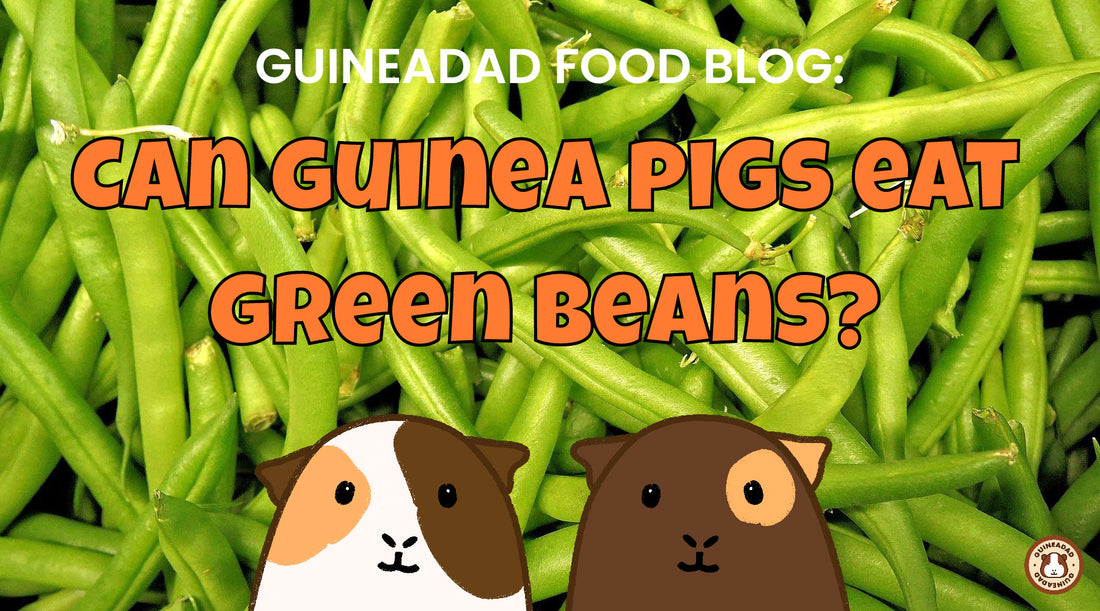






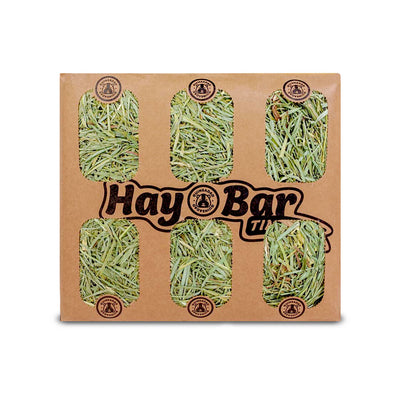
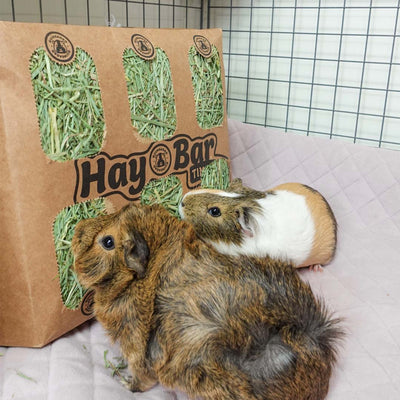
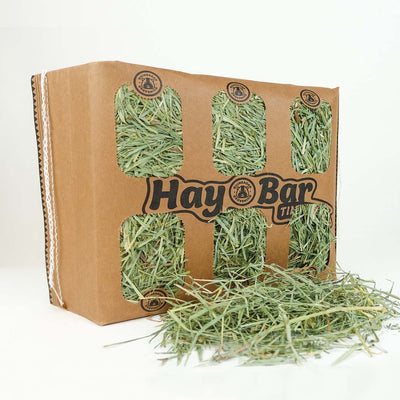
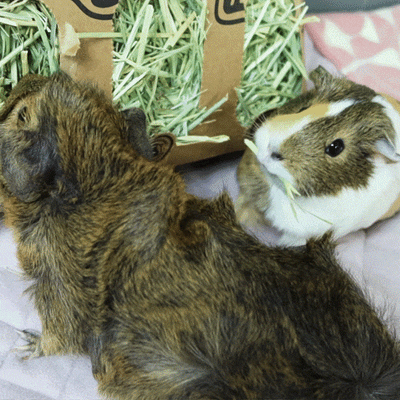
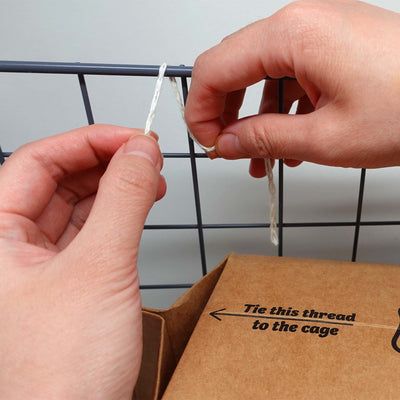
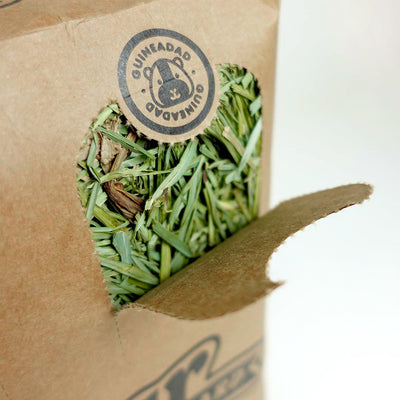
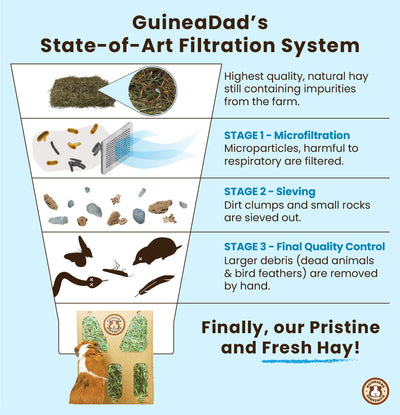
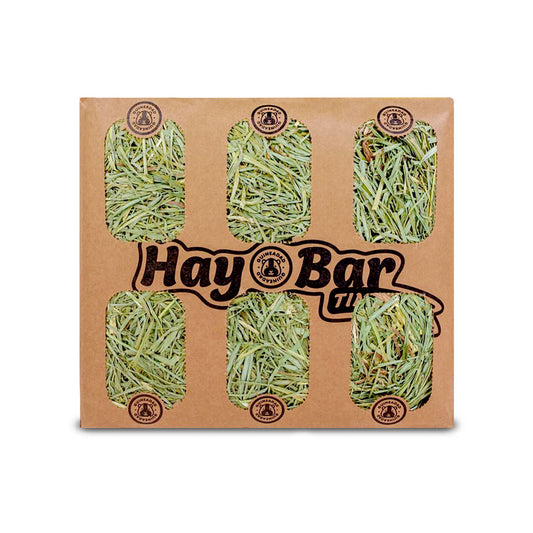
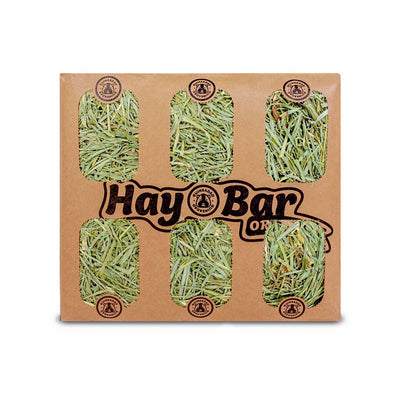
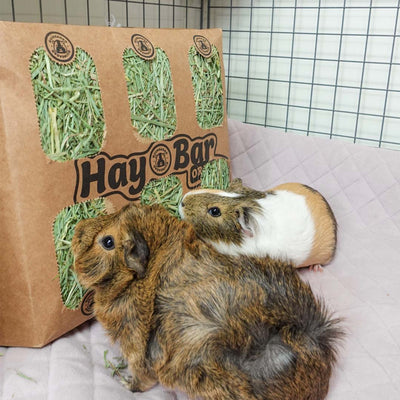
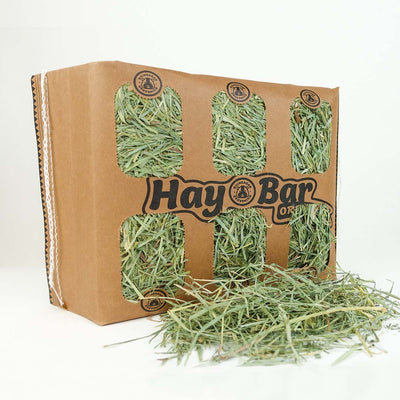
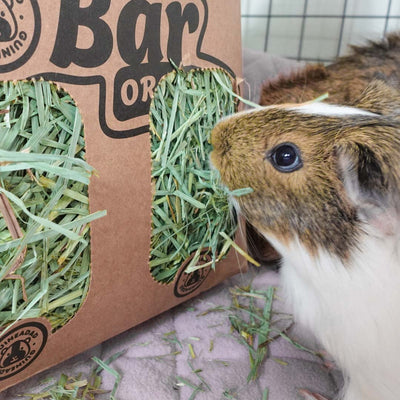
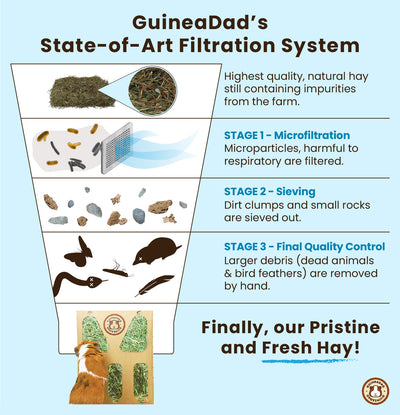
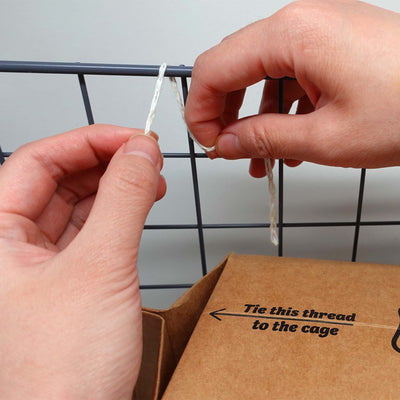
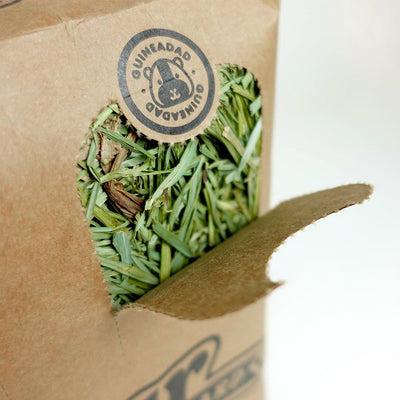
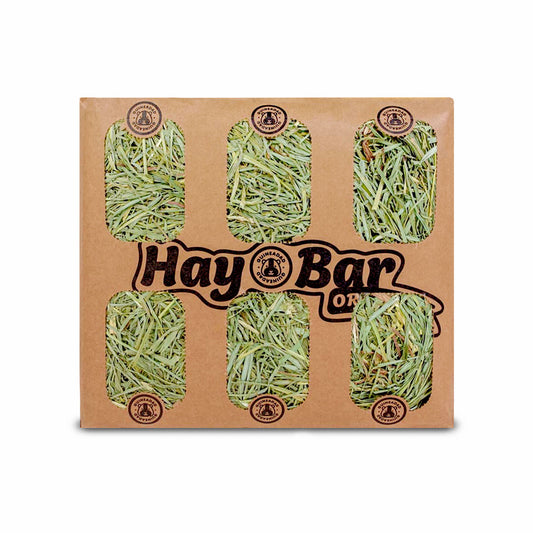
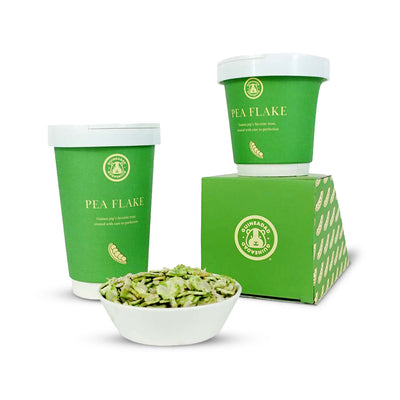
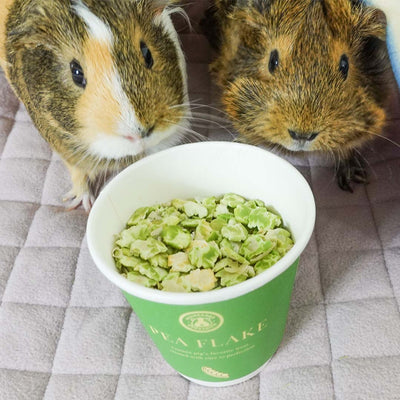
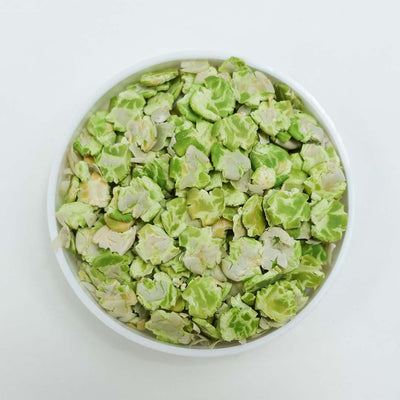
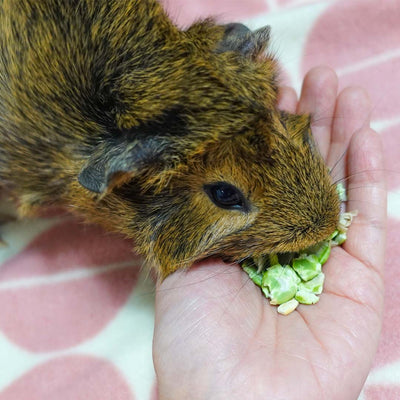
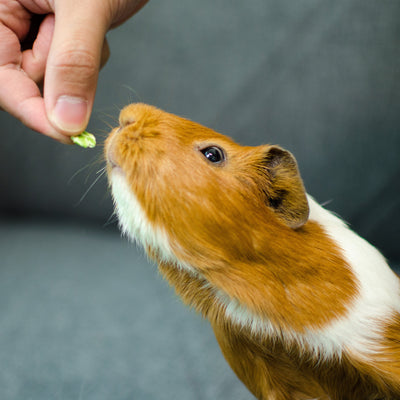
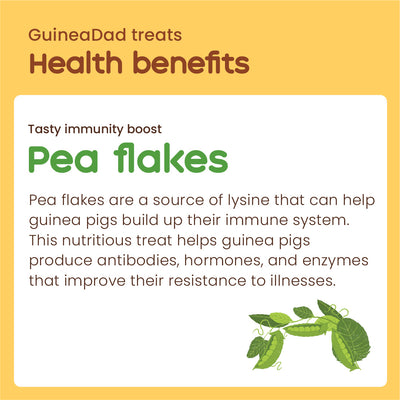
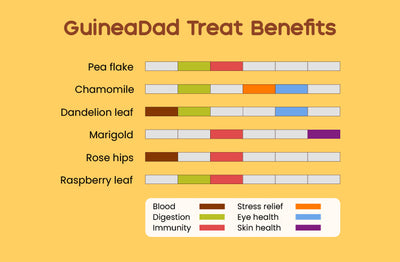
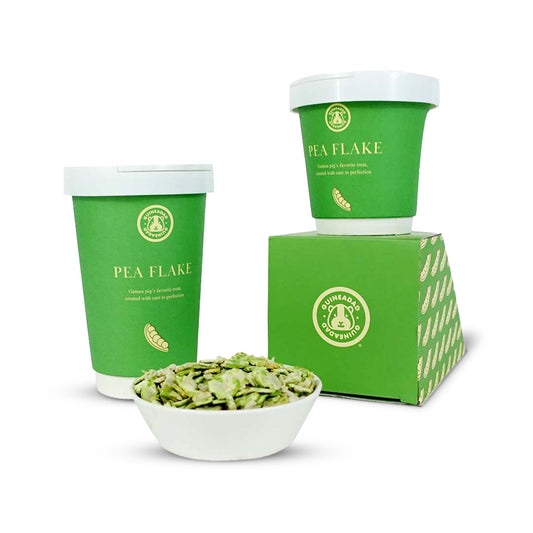
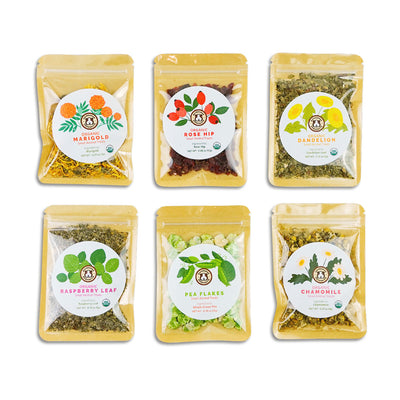
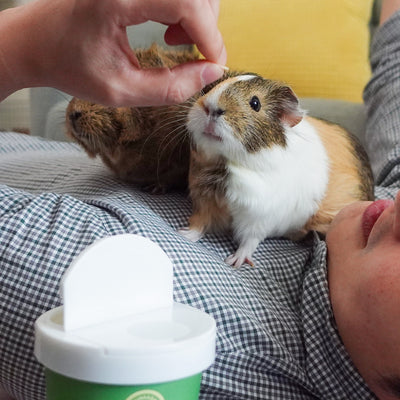
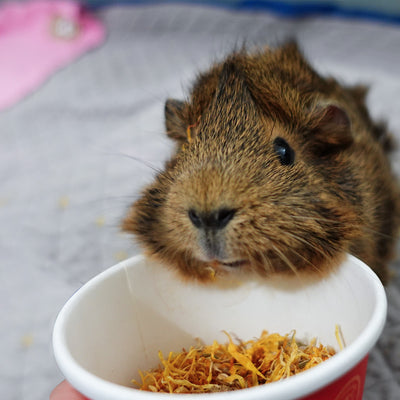
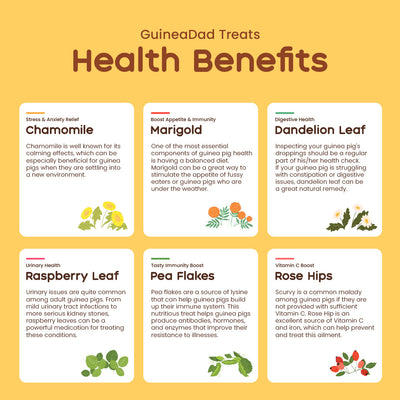
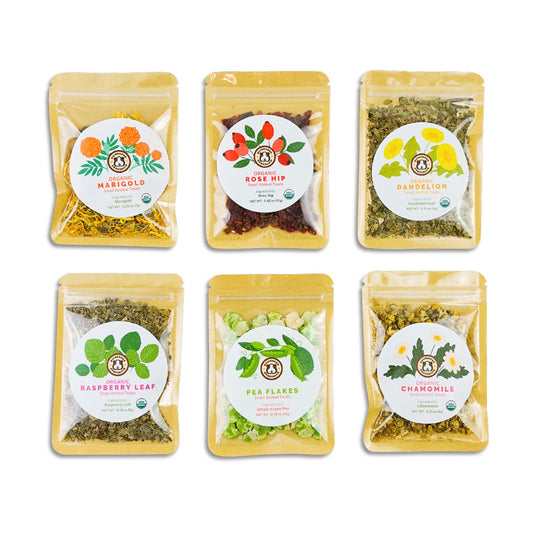
2 comments
Hello.
Can I ask about the bean leaves?
I grow bush & pole beans in my yard and my piggies love the leaves.
Thank you.
It sucks that guinea pigs are not great at absorbing calcium. Atleast vitamin D helps guinea pigs absorb calcium. Seems vitamin D comes from meat products in which I can’t give them. I bring them out in the sun during the summer for them to get vitamin D naturally. Natural is the best way. In the winter it’s to cold. So I substitute their vitamin D with ChildLife vitamin D3 but regardless I still feed them in moderation. So far I’ve never had a piggy get stones & I hope I never do. My oldest piggy is 4 years old